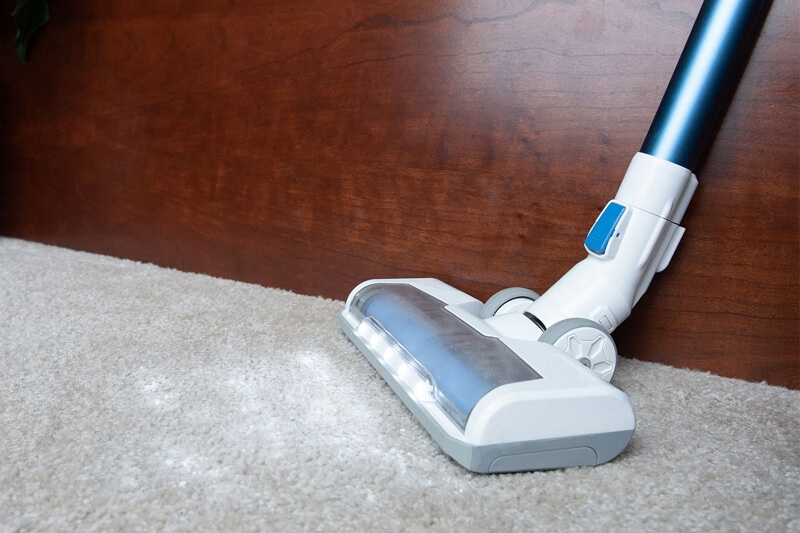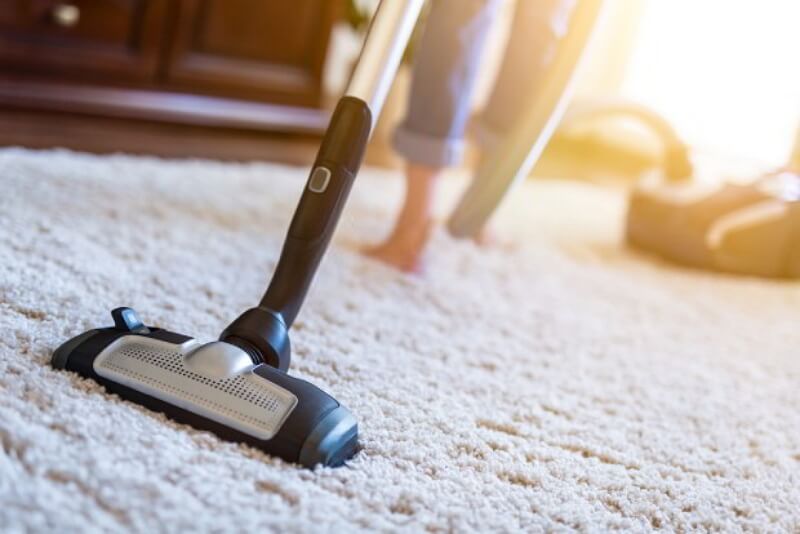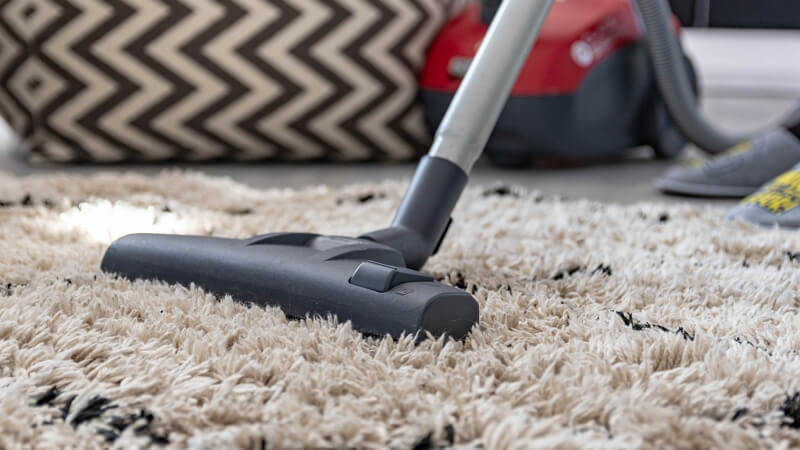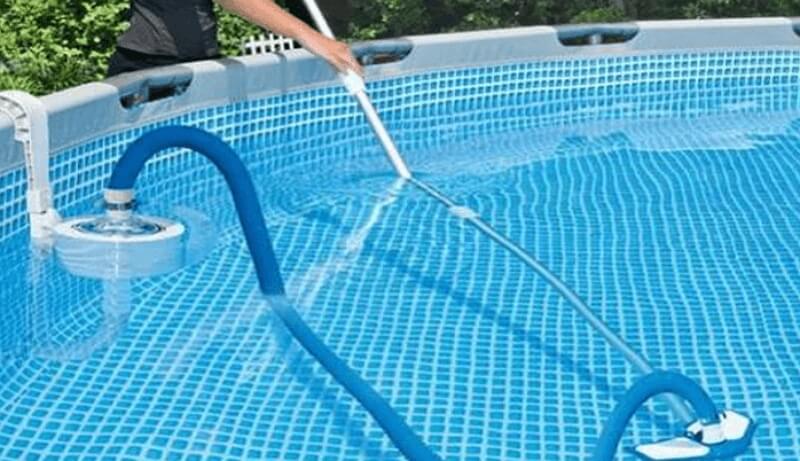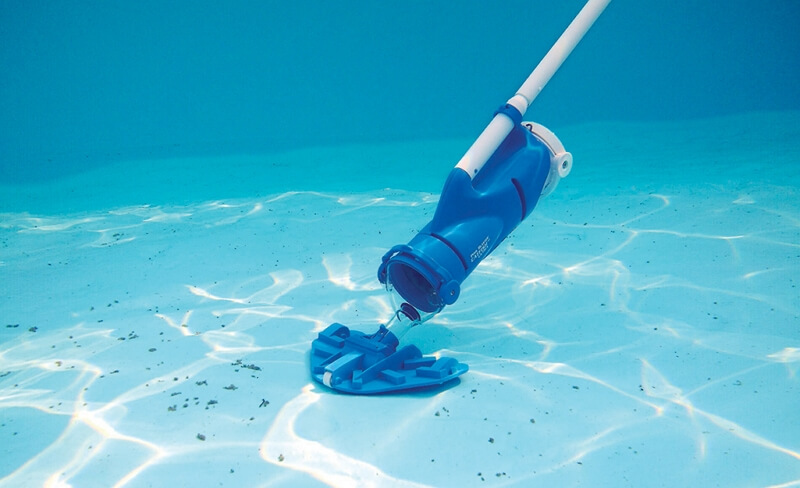Do you ever wonder if your vacuum cleaner has a secret expiration date? In a world where dust and pet hair reign supreme, it’s important to know just how long your vacuum can endure their battle against dirt and debris. How long do vacuums last? Let’s delve into the exciting part on their longevity and discover how can you make your vacuum last or when is the right time to replace one.


Part 1. How Long Do Vacuums Last?
The lifespan of any vacuum depends on several factors like its quality, usage, maintenance, etc., But to give you a definitive answer, a well-maintained vacuum can last anywhere from 8 to 12 years on average.
However, it's important to note that this is just an estimate and not a guarantee. Some lower-quality vacuums may start to show signs of wear and tear much earlier, while high-end models with advanced technology and durable components can last even longer.
The frequency of use also plays a significant role in the lifespan of a vacuum. If you have a large household with kids and pets and is using vacuum on a daily basis, your machine may experience more wear and tear compared to a vacuum used in a smaller household with less foot traffic – for instance, a condominium with only two people.
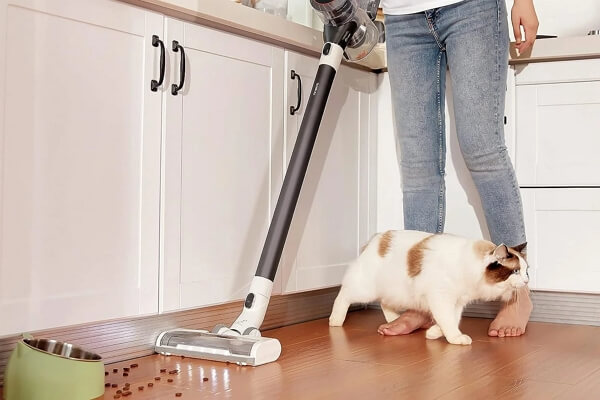

Part 2. What Affects the Lifespan of Vacuums?
If you buy a vacuum cleaner, of course you want to make sure that it last for as long as possible. After all, everyone wants a vacuum that can save them money and the hassle of having to replace it frequently. But what exactly affects the lifespan of vacuums?
1. Quality
One significant factor is the quality of the vacuum itself. Higher-quality vacuums are often built with durable materials and superior craftsmanship. On the other hand, cheaper and low-quality vacuums may not be able to withstand regular use and may break down sooner.
2. Maintenance
Maintenance and care also play a vital role in extending the lifespan of your vacuum. Regular cleaning and maintenance, such as emptying the dust canister or replacing the bag, cleaning or replacing filters, and checking for clogs, can help prevent premature wear and tear. Neglecting these essential tasks can lead to reduced suction power and potential damage to the motor or other components.
3. Type of Flooring
The type of flooring you have in your home can also impact the lifespan of your vacuum. Carpets, especially those with deep piles or high-traffic areas, can be more demanding on a vacuum than hard floors. Vacuums with adjustable height settings and powerful suction are better equipped to handle different types of flooring, increasing their longevity.
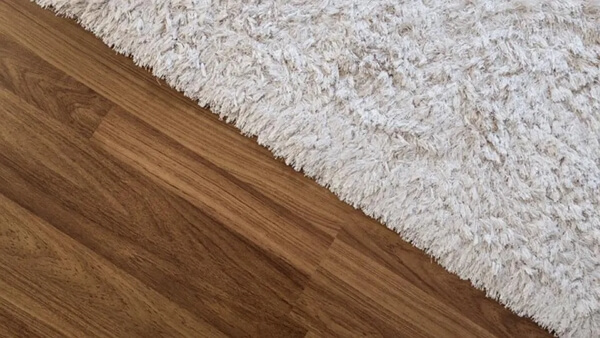

4. Number of Usage
Another factor to consider is how often you use your vacuum. Frequent use can put strain on the machine, causing parts to wear out more quickly. Now, this doesn’t mean you should avoid the regular cleaning of your house. Just make sure that you purchase a vacuum designed for the amount of cleaning your home requires.
5. Brand and Warranty
Finally, the brand and warranty of the vacuum can provide insight into its potential lifespan. Certain brands are known for producing long-lasting, reliable vacuums, while others may not have the same reputation. Also, remember that a generous warranty means you have peace of mind and protection against any unexpected defects or malfunctions albeit paying a little extra.
Part 3. When Should I Replace My Vacuum? Any Signs?
One of the most obvious signs that it’s time for you to replace your vacuum is a noticeable decrease performance. For instance, your vacuum is no longer seems to be sucking up dirt and debris as effectively as it used to, even after cleaning or changing the filters. Older vacuums may also start emitting strange noises or odors, which can be a sign of worn-out parts or a clogged system that can no longer be effectively cleaned.
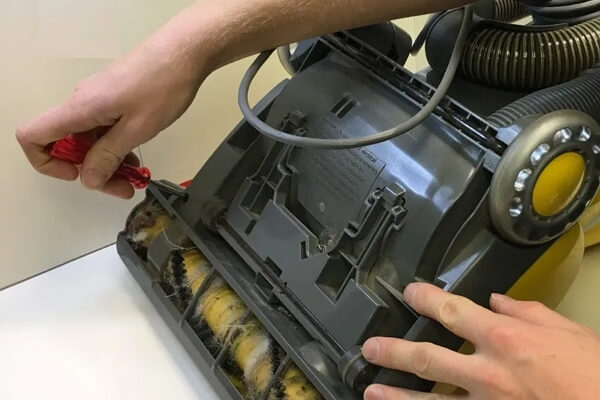

Another sign to look out for is frequent breakdowns or the need for repairs. Although an occasional maintenance is expected, if you are constantly fixing or replacing parts, then it’s more cost-effective to invest in a new vacuum instead of buying its parts.
Also, if your vacuum lacks advancements in technology like HEPA filters, specialized attachments, and even cordless operation, it may be worth considering an upgrade because these updated features enhance your cleaning experience.
Lastly, consider the age of your vacuum. As we mentioned, the average lifespan of a vacuum is around 8 to 12 years. If you know that your machine is significantly older than this and showing signs of wear and tear, it’s time to shop for a new model.
Bonus: The Perfect Option for Vacuum Replacement
If you're tired of lugging around a heavy vacuum cleaner or dealing with tangled cords, the AiDot Welov S30 Cordless Vacuum Cleaner is the perfect option for you. With its cordless design, you can easily maneuver around your home without any restrictions. But what sets the AiDot Welov S30 apart from other cordless vacuum cleaners is its powerful suction.
With an impressive 35KPa of suction power, this vacuum cleaner can effortlessly remove dirt, dust, and allergens from any surface. Whether you're cleaning hardwood floors, carpets, or even upholstery, the AiDot Welov S30 will leave your home spotless! Here are other features of the product:
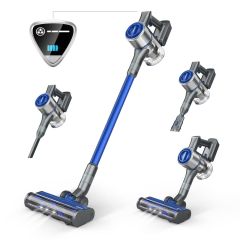
- 35KPa Powerful Suction Power
- Max 45mins Runtime
- 5-Stage HEPA Filtration System
- Upgraded Flexible Power Brush
- Smart LED Display & Anti-Static Button
- A Set of Built-in LED Lights
- Easy to Clean & Store
FAQs About Vacuum's Lifespan
1. Which vacuum lasts the longest?
Brands like AiDot, Dyson, Miele, and Shark, known for their robust construction and innovative technology, are often favored for their longevity. But remember, regular cleaning, proper storage, and adherence to manufacturer's guidelines can significantly extend the life of any vacuum.
2. Do vacuums lose suction over time?
Over time, it is common for vacuums to experience a decrease in suction power. This can be due to a variety of reasons, including clogged filters, worn-out brushes or belts, or a full dust canister or bag.
3. How often should you replace your vacuum filter?
You should replace your vacuum filter depending on the recommendation of the manufacturer, type of filter, and usage. But generally, it is advisable to replace if every 3 to 6 months.
Conclusion
We can all agree that knowing the lifespan of your vacuum truly helps you make informed decisions when purchasing a new one or maintain your current. Either way, remember to take good care of the product for a guaranteed maximum usage of its lifespan.

















